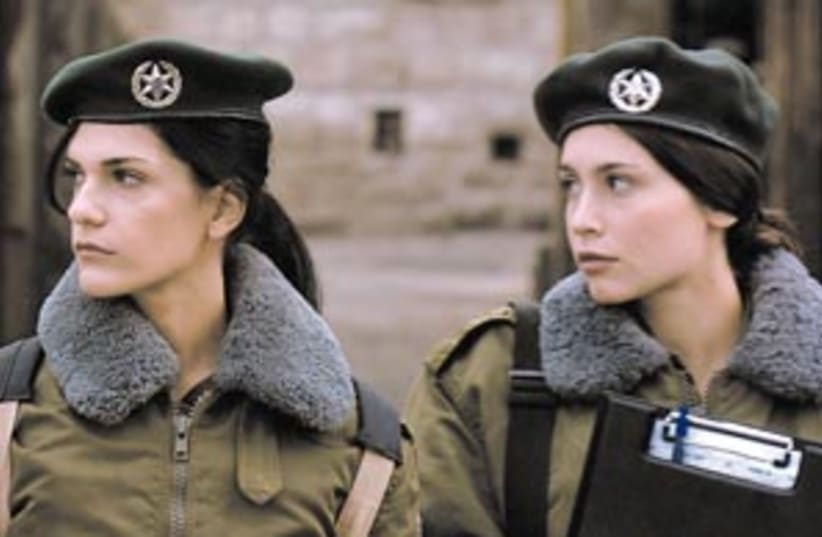| JPOST.COM HIT LIST | |
| JPost.com's most popular articles this past week |
The women watching over us
The realities women face in the IDF are uniquely portrayed in the film 'Close to Home.'


| JPOST.COM HIT LIST | |
| JPost.com's most popular articles this past week |